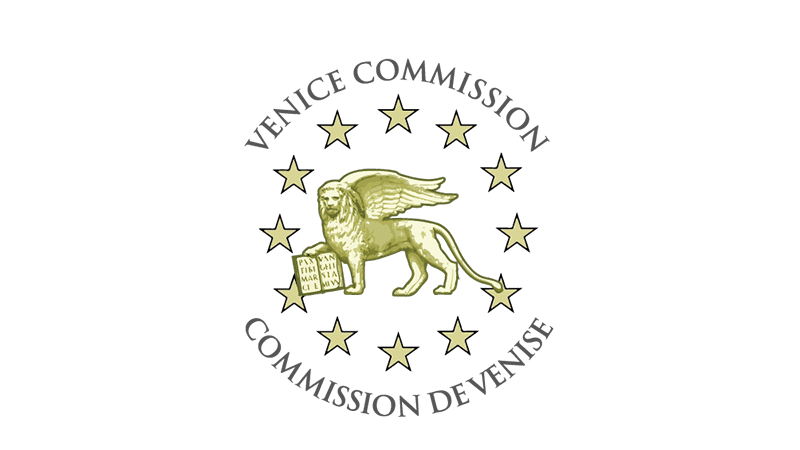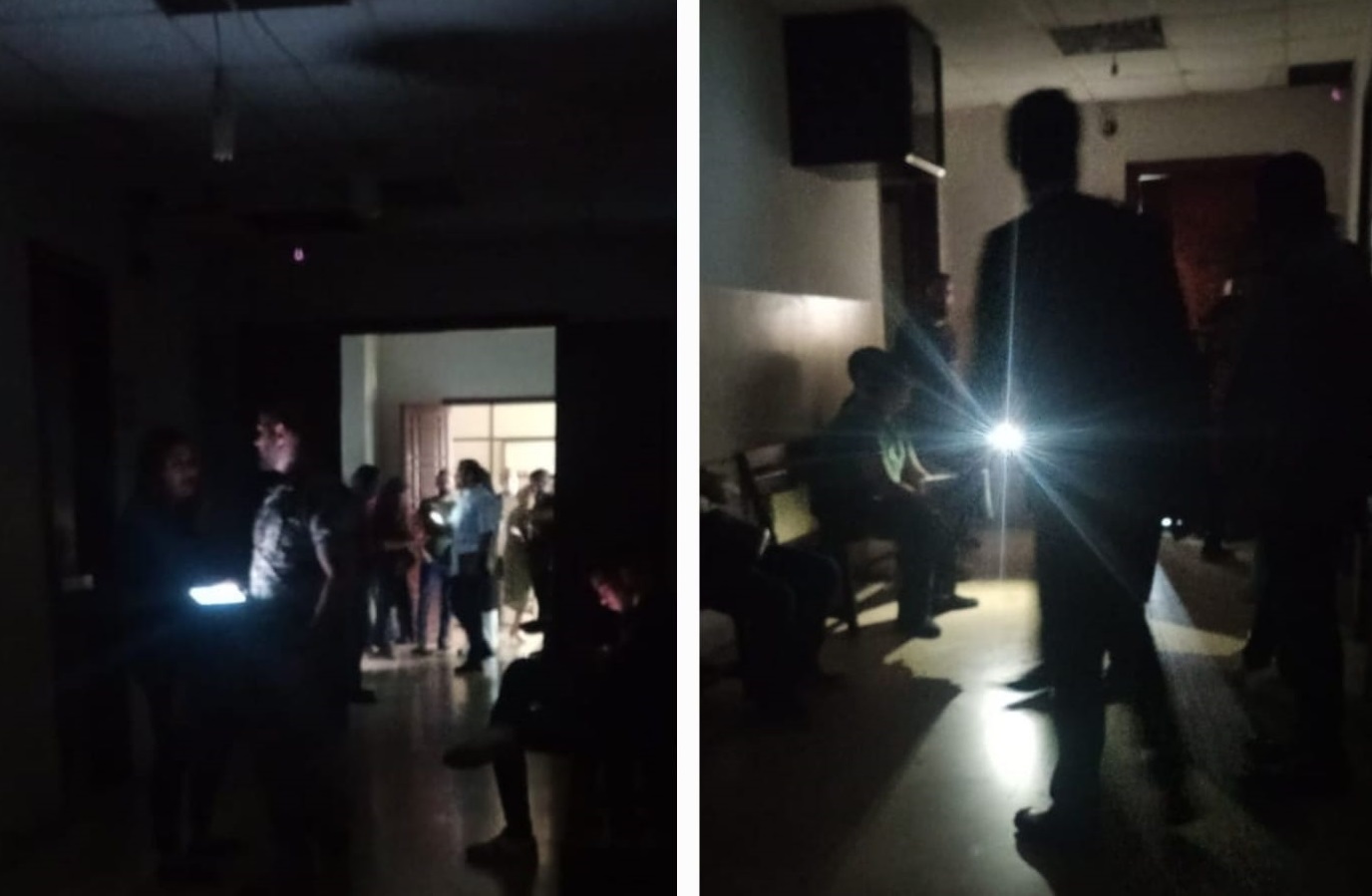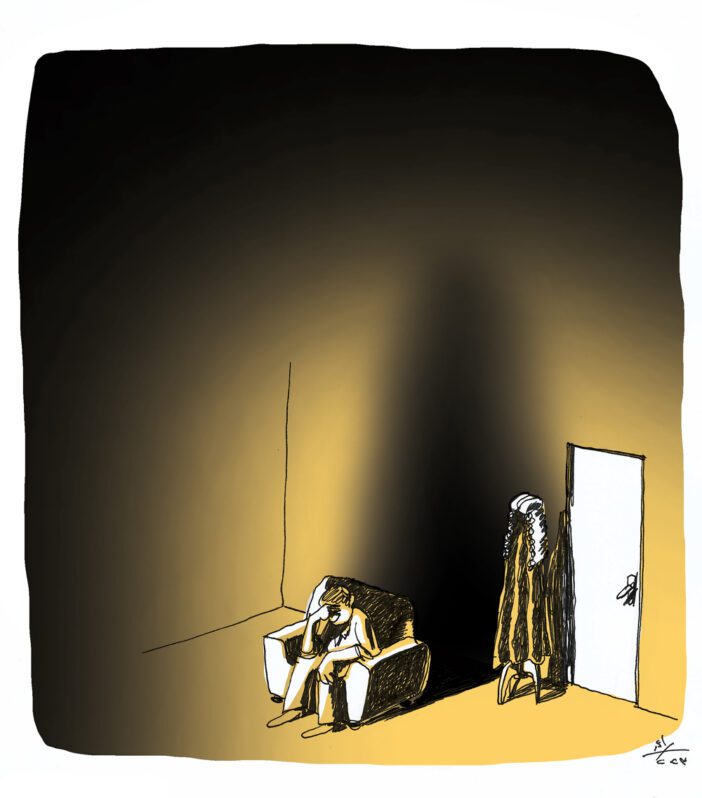Human Rights Violations in Lebanon: The Corporate Elephant in the Room

The road of investigating human rights violations in Lebanon often points to commercial corporations. The violations in question pertain to different rights including those of the company’s employees and public ones, such as those relating to consumers or the environment.
Such violations have a huge impact on the country as a whole. Reports of “deadly” environmental pollution in places like Chekka or the Naameh landfill are cases in point. Another violation involves the assault by the Spinney’s corporation on the right to unionize. Major corporations are also said to exert all sorts of pressure to hinder reform in various fields. The most recent example of this concerns the implementation of the anti-smoking law. The list goes on when one includes monopolies, legal privileges, and the many cases of corruption involving big corporations.
This article examines the reasons for the tendency of human rights organizations to avoid confronting such violations. It also aims to show the danger such an attitude poses to the Lebanese system.
Human Rights Organization vs. Confronting Big Corporations: A Question of Priority or Capability?
Why do human rights organizations avoid confronting major corporations? The first reason that comes to mind is perhaps the low priority that economic and social rights occupy [on the agenda] of these organizations and their donors. This is especially obvious in relation to last year’s most prominent issues. These include parliamentary elections, the right to citizenship, violence against women and civil marriage.
Indeed, economic and social rights are often seen secondary compared to civil and political rights. This trend also appears in the priorities set by human rights groups and their own work. Feminist groups, for instance, rarely address the problems women face in the workplace, whether in terms of equal pay or sexual harassment.[1]
Many human rights groups are currently working on revoking the sponsorship system for migrant workers. The law, they argue, allows for human trafficking. However, their work is in general restricted to the domestic workers themselves. They almost completely ignore the sponsorship system used by big corporations to exploit foreign workers. The violations that take place at the level of the corporation is no less dangerous than the ones experienced by the worker in their workplace. Moreover, these organizations rarely take the initiative to expose specific domestic worker recruitment agencies.
Closer examination of the work of these organizations reveals two more overlapping reasons:
The first is the approach many of them adopt. They mainly focus on raising awareness of human rights and call for them to be respected, while rarely confronting specific cases. Reform, according to this approach, is achieved through changing mentalities or the improvement of legislative and organizational frameworks. It may be achieved by working on principles and rights in theory, without getting involved in specific cases or violations that require further investigation. This tendency to avoid getting involved in specific cases is clearly evident in the blatant lack of legal or judicial assistance services in Lebanon.
Some organizations have adopted the aforementioned approach for practical reasons. However, others have made it an integral part of their ideology. An example of this is the Lebanese Transparency Association (LTA), which aims to bring about structural improvements to prevent corruption. Its view is that working to expose violations committed by specific individuals could obstruct its work as a whole.
The second reason is the disparity between the capabilities of human rights organizations and those of big corporations. Indeed, the latter have the ability to mobilize tremendous resources for any legal confrontation. This is what happened in the Spinney’s affair. The corporation filed numerous lawsuits and complaints against employees and those supporting them when they sought to form a labor union. The natural alliance between big corporations and media outlets further exacerbate the disparity. Corporations control the advertising revenue of the same media outlets on which human rights groups rely for their campaigns.
Connections between corporations and political actors can also exacerbate the disparity discussed. This can lead to obstructing possible administrative oversight, which is what takes place at the inspection departments of the Labor Ministry or the Consumer Protection Directorate. Political ties can even obstruct judicial oversight, as is the case at the National Consumer Protection Council. The council was established in 2005 under the Consumer Protection law.
In the same vein, a Council of Ministers (government) decree issued in November 2013 allowed the Consumer Protection Directorate to strike out associations from the register of consumer protection associations. This is meant to obstruct the broad powers granted to these associations by the legislature. Chief among these is the power to sue business owners on behalf of consumers and in defense of their rights. Based on respecting the independence of these associations and their legally-consecrated role, the Consumer Protection Association filed a request on November 21, 2013 with the Council of Ministers asking to revoke its decree.[2]
Finally, legal obstacles and restrictions [to pursuing corporations] should be pointed out. Chief among these is the fact that corporations (no matter how large) are classified as ordinary persons in defamation cases. This gives them a status different from that of public officials or servants. Indeed, as per Article 387 of the Lebanese Criminal Code those accused of defaming public persons are immediately declared innocent should the allegations prove true. As a result, regardless of the amount of evidence available, this discourages organizations and journalists from holding corporations to account, for fear of being sued. The arbitrary and abusive behavior displayed by the Cyber Crime and Intellectual Property Rights Bureau only reinforces the notion that pursuing corporations is too dangerous and too costly. The Bureau has even interrogated individuals for posting material on social media websites (Facebook and Twitter) that was critical of commercial companies.[3]
Two recent initiatives seemed to reverse this trend [of clamping down against activists]. The first was a judicial verdict issued by the Batroun Magistrate on March 13, 2013. The verdict exonerated two individuals who protested against the cement company in Chekka. The protest was against the driving of the company’s trucks through their residential neighborhoods, after one of the trucks hit a child while passing through.
The verdict notably commended “citizens who -while employing legal means and adhering to principles of citizenship- call on public authorities to live up to their role, implement measures [they are supposed to], and exercise their prerogatives in order to preserve public safety and the environment”. The verdict is clearly criticizing the selective action of public prosecutors, and their bias in favor of big corporations. Coincidentally, January 2014 witnessed a similar incident, whereby protesters at the Naameh landfill were arrested as a form of punishment for blocking the road to trucks of Sukleen (Lebanon’s private garbage collection company).
Credit for the second instance of turning a case into a public one goes to former Labor Minister Charbel Nahas. He had accused the Spinney’s Group and its CEO, Michael Wright, of using methods of intimidation against employees. Spinney’s and Wright sued Nahas for defamation. Nahas turned his defense into a platform for reaffirming these accusations against the plaintiffs. He thus resumed his campaign in defense of the right of Spinney’s workers to form a labor union. He built his defense on the fundamental principle that “defamation is a right when it is a duty”. At the end of his plea, when the judge inquired about his objective, Nahas stated that he was not merely seeking innocence. Rather, he also wished to obtain a judicial precedent that would consecrate said principle.
The two verdicts issued on February 3, 2014 did not live up to the hopes of Nahas. The first verdict dropped the charges after stating that the terms used had been harsh but did not amount to defamation. Meanwhile, the verdict in the second case greatly reduced the penalty after the court decided it did not have to investigate the truth of the claims in question. The initial LL 6,000,000 fine was reduced to LL2,000,000 [US$1,300]. The judge thus appeared to be showing leniency without setting a precedent. The day the verdict was issued, Nahas publicly stated his intention to appeal until such a precedent is established.
Avoiding Confrontation: The Dire Consequences
The truth is that focusing the work of human rights organizations on state authorities and administrations while avoiding corporations is dangerous in many ways, mainly because:
It renders human rights organizations and the legal work they do detached from broad segments of society. As a result, these organizations also become far removed from labor unions, and coalitions that defend their interests. This in turn reduces the possibilities of linking up and standing in solidarity [with these groups] to accomplish specific reform goals.
These segments of society, i.e., unions and the coalitions representing them, are often too weak to be able to turn their economic or social causes (such as issues of labor, education and health), into a general human rights cause. This reinforces the disconnect between the two groups.
It reflects an unrealistic analysis of problems and responsibilities, which can lead to inadequate or irrelevant solutions. One example is the preoccupation of a human rights organization with passing or amending a law which might detract it from ensuring that the law is enforced in relation to those most guilty of the violations in question. Another example is when few administrators are exposed [for certain violations], while those controlling these administrators remain free of scrutiny.
It allows influential actors to use corporations as a front for committing human rights violations. This happens every time human rights organizations or public opinion exert mounting pressure on government bodies. In other words, it leads to perpetuating human rights violations by privatizing them.
The struggle of labour union rights is one such example. While the state adopts a more lenient position towards the formation of labour unions, major corporations take on the task of suppressing them using [whatever] means of pressure and intimidation at their disposal. The Spinney’s workers’ union is a case in point. While the Labor Ministry granted employees a license to form a labor union, the company cracked down on the workers. It discouraged them from joining the union through enticement and intimidation, without any form of oversight or accountability.
The same thing could happen in the sphere of freedom of expression. While the state gradually abandons its powers of censorship, large corporations specialized in artistic and intellectual production would be established. Those would then take over the task of suppressing freedoms, while constantly coordinating with government bodies. Evidence of this may be gleaned in the role played by large advertising agencies in setting the orientation of media outlets. The latter in turn shape the disposition of their employees. In fact, things can get even more dangerous with the privatization of security and intelligence work. In the case of the latter, private IT companies hired for the job would store data and personal information on behalf of intelligence services.
Finally and most critically, focusing on public authorities to the exclusion of their corporate partners -in corruption- could in effect lead to a system of partial accountability. This occurs especially when accountability takes on a political or administrative form, without being accompanied by litigation. It also occurs when public prosecutors overlook the most influential of those criminally liable. Indeed, in such a case, it becomes only natural for those who are most influential to grow even more influential. This is not just because it makes them immune to prosecution. It is also because it allows them to control those previously implicated with them by threatening the latter with prosecution.
Restricting accountability in this way effectively leads to an unbalanced relationship between those most economically influential on the one hand, and public officials on the other. The most blatant example of this might be the disciplinary decision to terminate the service of a prominent judge in 2012. The alleged reason was his involvement in suspicious activity in a case concerning a large corporation, known to frequently interfere in the work of courts. Meanwhile, all calls for holding the corporation in question accountable remain unanswered.
This is an edited translation from Arabic.
______________________________________________________
[1] The feminist group Nasawiya presented a draft law on sexual harassment in 2012, but it did not gain any momentum within the feminist movement, unlike the draft law on domestic violence against women.
[2] Press conference held by the Consumer Protection Association and The Legal Agenda on November 21, 2013 at the Duwwar al-Shams, Beirut.
[3] See Ghida Frangieh’s: “Lebanon’s Cybercrime Bureau: A License to Censor?”, The Legal Agenda, Issue No. 12, dated November 2013.



